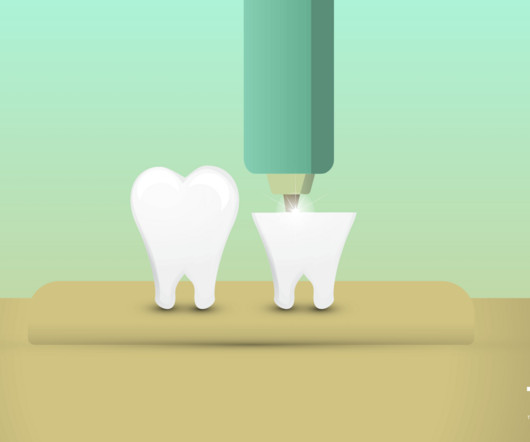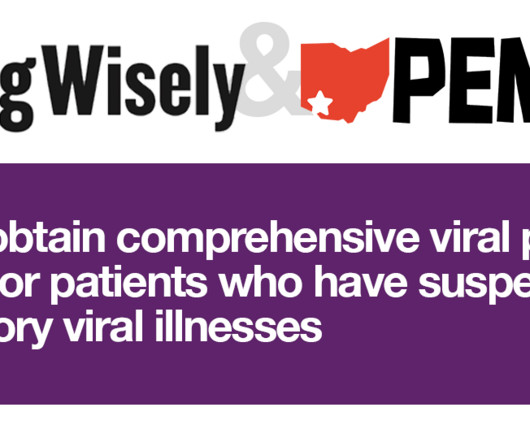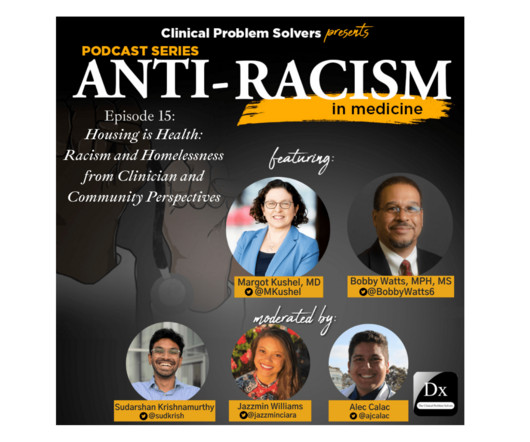9 Technologies That Will Shape The Future Of Dentistry
The Medical Futurist
JUNE 17, 2025
Just like in the case of other medical specialties , disruptive innovations will have a huge impact on how dentistry will be practiced and how patients will take care of themselves in the future. For dentists, it’s transforming diagnosis, decision-making, and treatment planning.













Let's personalize your content